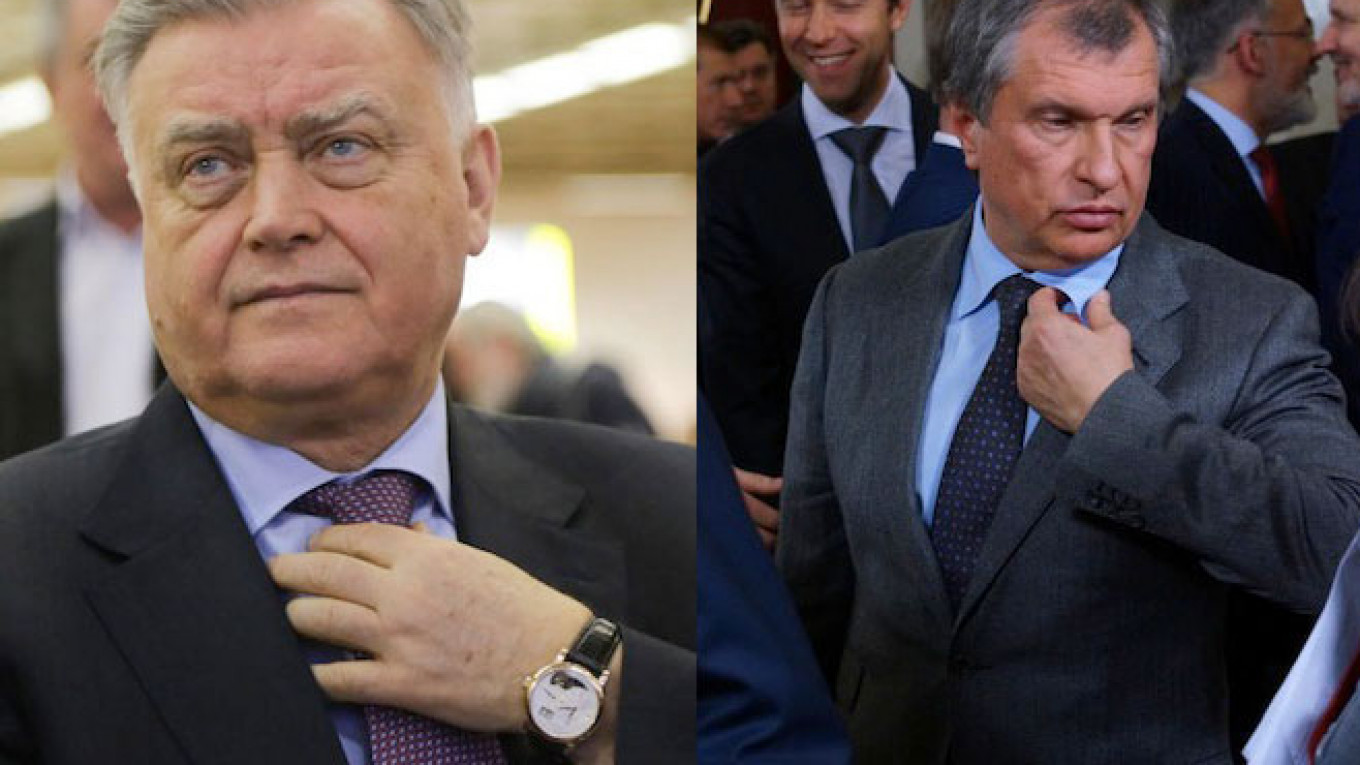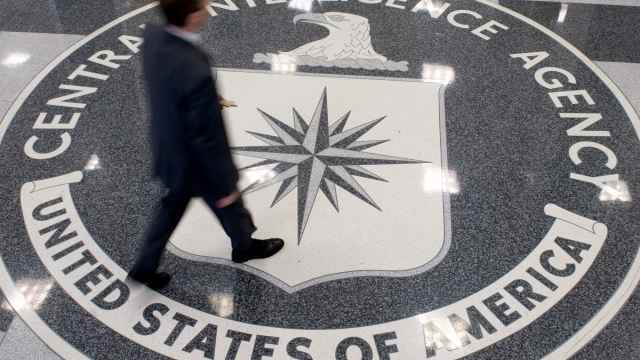Russia's most highly paid state company bosses will no longer have to endure the humiliation of making their salaries public in a surprise softening of a controversial anti-corruption decree.
The decree, signed by President Vladimir Putin in 2013 as part of a slate of anti-corruption measures, forced CEOs of state-owned firms to publicly declare their salaries.
The new ruling by the government states that bosses of companies with private shareholders do not qualify as public servants and therefore do not fall under the 2013 decree.
"Leaders of commercial organizations with state participation, if they are open joint-stock companies … are not state employees," Natalya Timakova, press secretary to Prime Minister Dmitry Medvedev, told news agency RBC this week.
On Tuesday Rosneft vice president Mikhail Leontyev hailed the decision, saying "we have nothing to hide."
The government's ruling reverses what had been a gradual tightening of enforcement of the 2013 decree. At the end of last year, the government ordered that the heads of Russia's largest companies, among them Gazprom chief Alexei Miller, Rosneft head Igor Sechin and Russian Railways chief Vladimir Yakunin, to announce their salaries on their corporate websites.
Yakunin, a friend of Putin, bitterly protested the law at the time, saying that it was "unreasonable interference in [his] personal life" before eventually caving in. Rosneft's Sechin, another longtime Putin ally, has also been reluctant to publish his income, famously suing the Forbes Russia magazine for estimating his salary at $50 million in 2012.
Kremlin spokesman Dmitry Peskov said the presidential administration had not influenced the Prime Minister's office in the decision, news agency Interfax reported Tuesday.
A Message from The Moscow Times:
Dear readers,
We are facing unprecedented challenges. Russia's Prosecutor General's Office has designated The Moscow Times as an "undesirable" organization, criminalizing our work and putting our staff at risk of prosecution. This follows our earlier unjust labeling as a "foreign agent."
These actions are direct attempts to silence independent journalism in Russia. The authorities claim our work "discredits the decisions of the Russian leadership." We see things differently: we strive to provide accurate, unbiased reporting on Russia.
We, the journalists of The Moscow Times, refuse to be silenced. But to continue our work, we need your help.
Your support, no matter how small, makes a world of difference. If you can, please support us monthly starting from just $2. It's quick to set up, and every contribution makes a significant impact.
By supporting The Moscow Times, you're defending open, independent journalism in the face of repression. Thank you for standing with us.
Remind me later.






